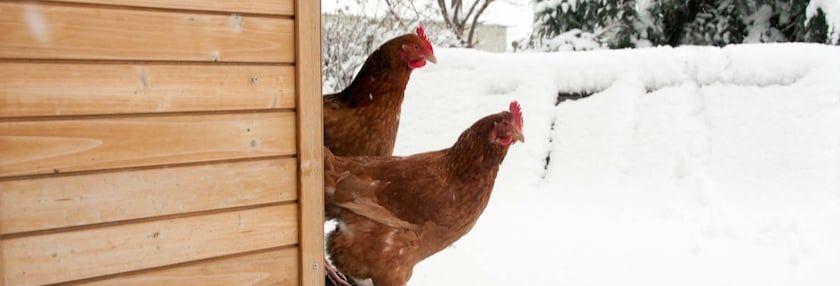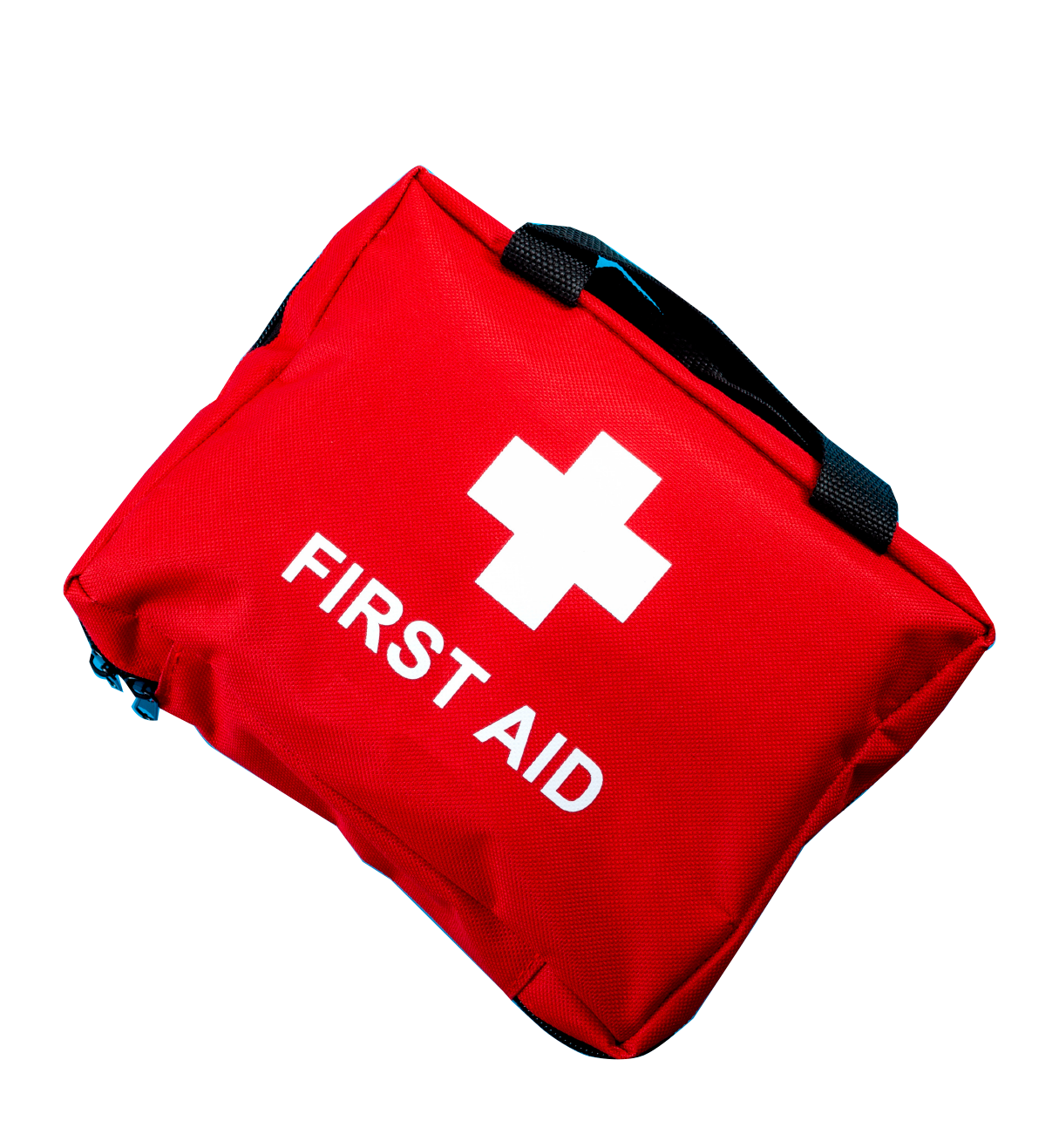Healthy Chickens This Fall
How to Spot and Stop Common Issues


When fall rolls around, chickens become more prone to health concerns. Changes in weather can trigger respiratory infections, while damp or muddy conditions bring out mites, lice and internal parasites.
Molting season also begins, which naturally stresses birds and leads to a drop in egg production.
That’s why Dr. Nathaniel Rakestraw and Dr. Nisana Miller, veterinarians with TelaVet – a telemedicine service offering veterinary care and consultations – recommend a thorough flock health check before winter arrives.
The Importance of Fall Health Checks
According to Dr. Rakestraw, fall health exams help spot issues early, before winter sets in.
“Colder weather forces everyone into tighter quarters where illnesses can spread more easily,” he explains. “I suggest a monthly hands-on exam. Check the eyes, comb, feet and vent, and weigh your birds to catch silent health issues.”
Dr. Miller sees fall health checks as an insurance policy for winter survival. Cold temperatures, reduced daylight and confined living spaces all stress chickens’ immune systems. Addressing health issues before winter helps prevent minor problems from becoming life-threatening emergencies.
“Many parasites complete their life cycles in the fall,” she adds. “Prompt intervention breaks the cycle before winter housing concentrates exposure. It’s really about being proactive rather than reactive.”
Common Health Issues
There are four common health issues that affect chickens in the fall. Be on the lookout for the following:
Mites and Lice
External parasites – particularly mites and lice – are the most prevalent issues. Their populations peak in fall as chickens spend more time in coops.
“Red mites are especially problematic because they thrive in the cracks and crevices of coops,” Dr. Miller says.
Signs to watch for include:
- Excessive scratching or preening
- Feather loss, especially around the vent, neck and under wings
- Red or irritated skin
- Pale combs and wattles
- Drop in egg production
- Reluctance to enter the coop at night
- Tiny bugs visible on feathers or skin
“One of the most concerning signs is pale combs and wattles,” she notes. “This indicates anemia from blood-sucking mites.”
Internal Parasites
Roundworms, tapeworms and cecal worms are another concern. Over the summer, worm burdens build, often becoming problematic just before winter stress sets in.
“If your chickens seem underweight, have diarrhea or aren’t growing as expected, it’s worth testing their droppings,” Dr. Rakestraw advises. “A vet can run a fecal test and recommend treatment.”
Respiratory Issues
Fall’s fluctuating temperatures and increased humidity can trigger respiratory illnesses, especially in coops with poor ventilation. Dust from dry bedding and feed worsen the problem.
Signs that a chicken is experiencing a respiratory illness include coughing or wheezing, open-mouth breathing and nasal discharge.
Abnormal Molting
Molting is normal in chickens, but excessive feather loss may indicate an underlying health problem. When it comes to molting, Dr. Rakestraw says gradual loss of feathers will occur, starting from the head or neck.
“Birds may look a bit scruffy and lay fewer eggs,” he continues. “But as long as they’re eating and active, it’s normal. If feather loss is sudden or patchy – or if you notice your birds acting lethargic or dropping weight – it could be something else, like illness or parasites.”
An Ounce of Prevention
Treatment will depend on the issue, but fall is the time to get ahead of any problems.
For mites and lice, it’s best to start with a deep clean of the coop. Dust chickens with food-grade diatomaceous earth (DE) or a permethrin-based powder. Herbal sprays containing garlic or essential oils can be helpful — but avoid spraying birds directly. Instead, spray your hands and gently wipe the birds’ backs, or apply the spray to the flock’s bedding and nesting boxes.
“Repeat treatments every week or so,” Dr. Rakestraw advises. “And always encourage dust bathing.”
He also recommends routine fecal testing, especially in the fall.
“Collect fresh droppings from several birds and bring them to your local clinic for a float test,” he says. “It’s a simple step that can catch parasite issues before they get out of hand.”
Herbal deterrents are a favorite tool of Dr. Miller and are incredibly effective. She suggests adding dried lavender, mint, rosemary and wormwood to nesting boxes and dust baths.
“These herbs naturally repel insects while providing aromatherapy benefits for the birds,” she says. “It’s like a spa treatment that actually serves a medical purpose!”
When in doubt, always consult a veterinarian for professional advice and proper treatment protocols.
Dietary Adjustments and Supplementation
Diet modification should aim to build reserves and boost natural defenses for the challenges ahead.
Dr. Miller recommends gradually increasing corn content in scratch grains to help birds build fat reserves for winter insulation. “Think of it as helping them put on their winter coat from the inside out,” she says.
Fermented feed is an important addition as it improves nutrient absorption and supports gut health during times of stress.
Dr. Rakestraw also recommends switching to high-protein feeds to support molting.
“Snacks like mealworms or scrambled eggs are great,” he says. “Don’t forget to keep offering calcium, like oyster shell, and make sure your birds have a clean, low-stress environment while they regrow feathers.”
Both veterinarians encourage incorporating immune-supporting herbs into diets. Echinacea, elderberry and astragalus support immunity, while parsley, dandelion and rose hips are natural sources of vitamin C.
For parasite prevention, Dr. Miller suggests garlic in feed or water, monthly rotation of antiparasitic herbs and regular apple cider vinegar supplements.
“I’m a firm believer in an ounce of prevention being worth a pound of cure,” she adds. “It’s about creating an internal environment that’s inhospitable to parasites.”
Tags:Healthy Flock

Chicken Whisperer is part of the Catalyst Communications Network publication family.










